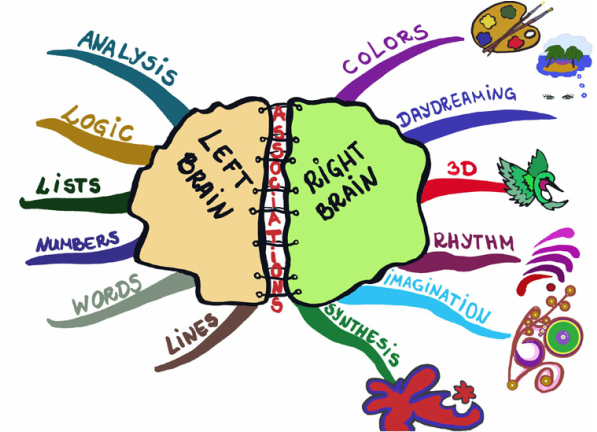Manisha Kunala '16
|
Title: Molecular Biology of Chronic Stress and Depression on Cognitive Function
Problem: Comparing gene expression in hippocampal formation of animals subjected to chronic stress vs. controls Activities & Interests: Chem Club VP, Model UN, STAT, Math Team Co-Captain, National Honors Society,"Yummy Bakkes", Member of the President's Junior Leadership Council at NWH, Culture club, Page at the Somers Library Abstract: Chronic stress involves a response to emotional pressure experienced for a long period of time. It is also a source of depressive disorders. Recent claims have suggested that chronic stress does not only have mental impacts, but also molecular impacts, specifically on cognition. In this study, it is hypothesized that chronic stress does have an influence on cognitive function. From hippocampal samples of repeated social defeat stressed mice and control mice both RNA levels and protein levels were analyzed through an RNA isolation, reverse transcription, quantitative RT-PCR, protein isolation, a BCA protein assay, and multiple western blots. Afterwards, data were taken and analyzed using a student’s t-test was performed to determine the significance of any change observed in the stressed mice. Three genes, at the RNA level, were found to be significantly downregulated. At the protein level, one gene was found to be surprisingly upregulated in the stressed mice. Interestingly, some of the genes found to be differentially regulated are also modified in their expression in Alzheimer’s disease, Bipolar disorder, and Schizophrenia. This shows a potential link for stress and neurodegenerative diseases. Overall, this chronic stress does impact cognition, however, to a certain extent and in variation. |



